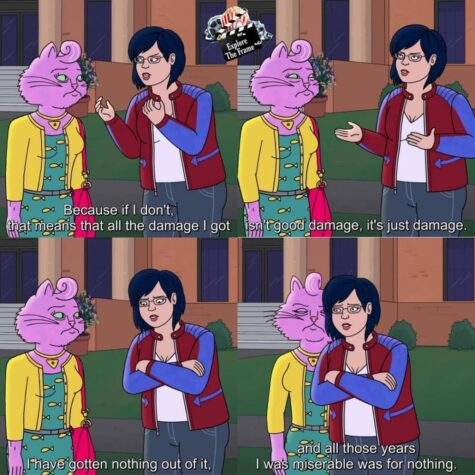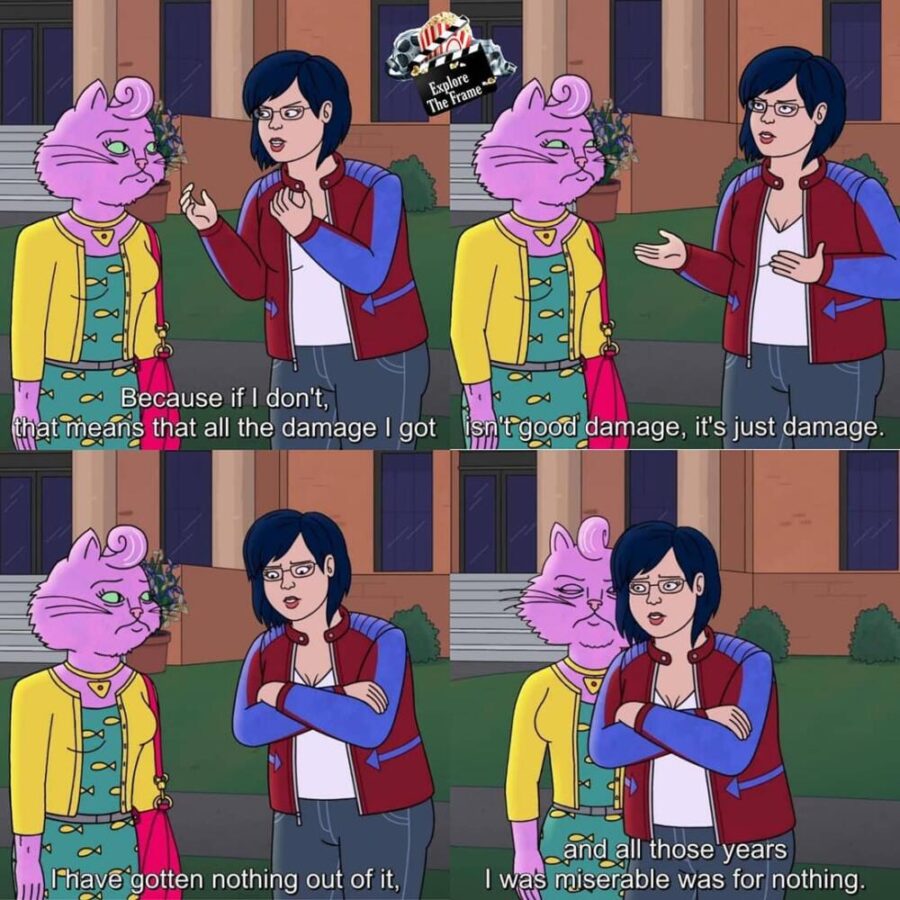Recently, The Newbury Center at Boston University launched a magazine for first-generation students to share their stories and have an outlet for their voices. The Newbury Center is dedicated to offering programming and services to first-gen students to help them succeed just as much as their traditional student peers. Elevate Magazine exists to minimize the amount of trauma dumping that these kinds of students are prone to doing. Not because they want to but because they feel like they must. One article about the new magazine features an interview with a student from Fullerton Junior College, “Savannah Blocher recalls how there was this looming pressure to prove that she had been through adversity and grew from the trauma.” What is this phenomenon? And why do we fall for it?
“Trauma dumping” is a phenomenon where people share sensitive or traumatic experiences with others to release themselves from the pain and trauma. A lot of people are doing this now in order to get their grades up. They are sharing their deepest secrets – some even glorify their sadness and victimhood – to get good grades. This is a growing trend among young Millennials and Gen-Zers, along with first-gen students who face pressure to succeed academically in a culture that values grades over all else.
@ibdagoat Best feeling ever 😂😂
♬ gford._ gets no maidens - $avøry-$adisticpai
It has been an interesting phenomenon to watch people over the years use their past traumatic experiences to gain sympathy from their teachers, professors, college admissions boards, and whoever else might be reading. I think this phenomenon comes from the idea that one must suffer for their passion, that their efforts cannot be significant without some kind of suffering for a greater meaning. I see memes about this phenomenon on social media. People blatantly admit that they play up their trauma because they know it will get them a better grade – and not necessarily because the experience is relevant to their field in any way. Linked in this article are just a few of many examples.
@willowputhy i looked so dumb doing this wtf #fyp ♬ Original Sound - Unknown
@k.wamp AND THEY JUST KEEP GOING. guilty tho 🫣 #psychology #psychologymajor #psychmajors ♬ original sound - alexbreakshisback

There’s an episode in the hit Netflix original show BoJack Horseman where the character Diane feels like she needs to finish a memoir about her life or all the suffering that she went through growing up would have been for nothing. Diane had this conception that her rough upbringing was “for” something. That it set her apart in some way. If she did not do something with it, then somehow she had failed at “traumatic experience.” Many people – especially people with high academic ambitions – hold this notion that they must prove their worth by explaining how much pain and suffering they have gone through to get where they are.
Even when writing this article, I was tempted to share my own experience just to prove that I am qualified to write on such a topic, but the more I considered it, the more I figured doing so would undermine my point. The point is that a person should not be “worth listening to” because of what they have gone through – every person is worth listening to simply because we all have something to say and something to offer to this world we all live in.


















